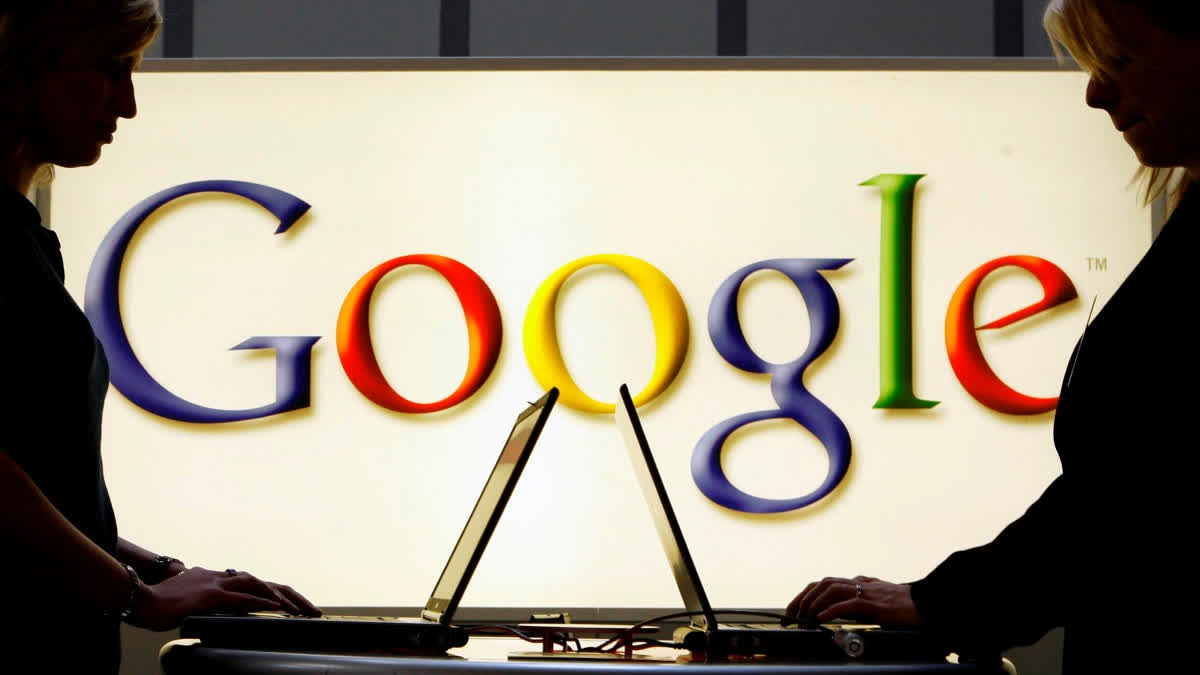Google lost its last bid to overturn a European Union antitrust penalty after the bloc's top court ruled against it on September 10 in a case that came with a whopping fine and helped jumpstart an era of intensifying scrutiny for Big Tech companies.
The European Union’s top court rejected Google's appeal against the 2.4 billion euro ($2.7 billion) penalty from the European Commission, the 27-nation bloc’s top antitrust enforcer, for violating antitrust rules with its comparison shopping service.
The ruling came a month after a U.S. court declared Google’s search engine an illegal monopoly. The European Commission, the chief antitrust enforcer for the 27-nation bloc, had determined that Google abused its dominant position in the market.
What exactly was Google fined for?
Anisha Chand, Partner, Khaitan & Co., one of India's oldest law firms, says Google, through the use of its algorithms and by leveraging its dominance in the general search market, was able to promote its own shopping services over competing services.
"Google had the wherewithal and the knowledge which other rival shopping services didn't have. For any abuse of dominance case, one should know that there has to be first a delineation of the relevant markets, which is important because you want to see which market and where the conduct happened and where is the market in which the harm has occurred," Chand said.
The European Commission’s original 2017 decision accused Google of gaining an unfair advantage by directing visitors to its own Google Shopping service, thereby disadvantaging competitors. This decision was part of a series of multibillion-euro fines imposed on Google over the past decade, including cases related to its Android operating system and AdSense advertising platform.
In India, Google has also faced scrutiny over its billing policy, specifically the commission it charges developers to list their apps on the Google Play Store. In response, India has proposed a digital competition bill, modelled after the EU's antitrust regulations, to address issues related to companies with a significant digital presence.
"Again, what was held was that Google was abusing its dominant position by engaging in self-serving and self-referencing for its Google flights. There were multiple other facets of this case, but basically I think the short point here is that Google was found to be once again, dominant in the general web search market. And it was found to be manipulating search algorithms, to favour its own products and services. Like, like I said, Google flights, Google Maps, etc.," Chand added.
Google on its part argues that the government's case is based on an outdated view of the internet, when desktop computers were predominant and users manually entered specific URLs. According to Google, advertisers today are more likely to use social media platforms or streaming services to reach their target audiences. The company is currently under significant pressure regarding its digital advertising business. (With agency inputs)
Read More



